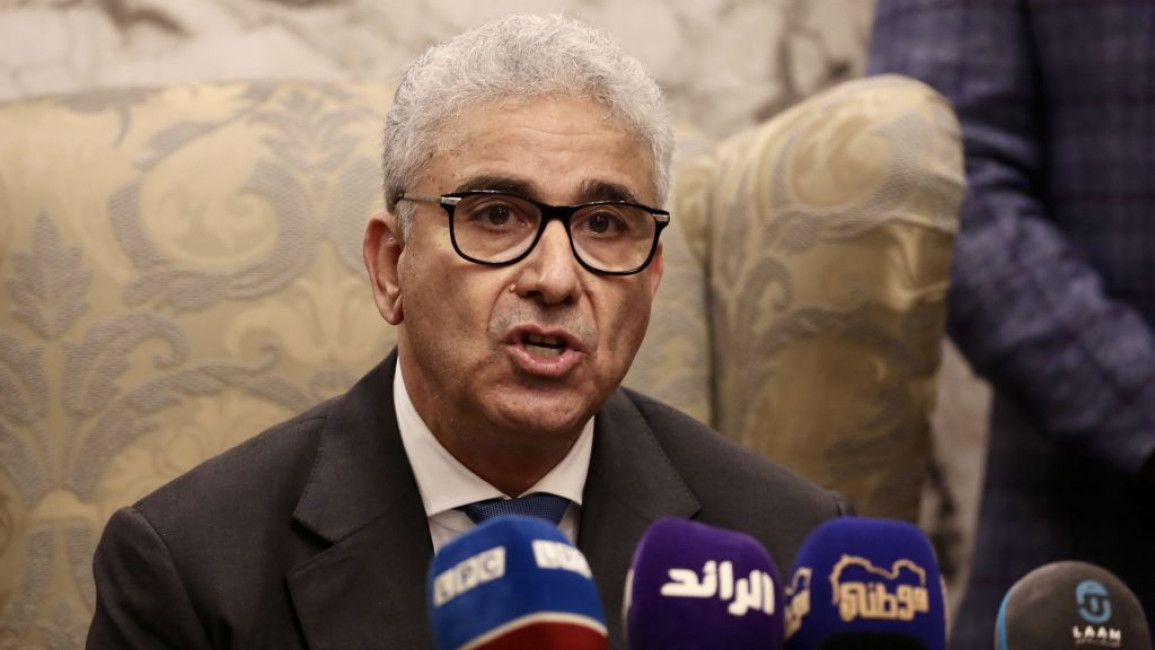Libyan president of High Council of State calls Parliament's naming of new PM 'improper measure'
Libya's president of the High Council of State said in a statement early on Wednesday that the Libyan parliament's assigning a prime minister before holding an official session of the High Council is an "improper measure and doesn't help in building confidence between the two councils".
Libya's Parliament spokesman on Thursday declared Fathi Bashagha as the new interim prime minister after a rival candidate withdrew, but it was not clear if the chamber had held a vote.
The incumbent, Abdulhamid al-Dbeibah, has said he does not recognise Parliament's attempt to remove him, and that his government remains valid and he will not step down.
Peter Millett, a former British ambassador to the country, told AFP the main division now "is between the Libyan people -- who want elections -- and the political elite, who don't."
He noted that more than two million Libyans, out of a total population of seven million, had collected voter cards last year, showing a desire to pick new representatives in December when both parliamentary and presidential polls were supposed to be held.
"The motivation of many MPs is to hang on to jobs and privileges rather than allow for a smooth process leading to elections," Millett said.
It is not the first time the oil-rich North African country has found itself with two premiers.
Torn apart by a decade of strife since a 2011 NATO-backed uprising toppled dictator Muammar Muhammad al-Gaddafi Libya had two rival heads of government between 2014 and 2016.
The UN has been working to reunite the country's divided institutions since the end of the last major fighting in 2020, but many analysts have accused the entrenched political elite of blocking reconciliation efforts.



